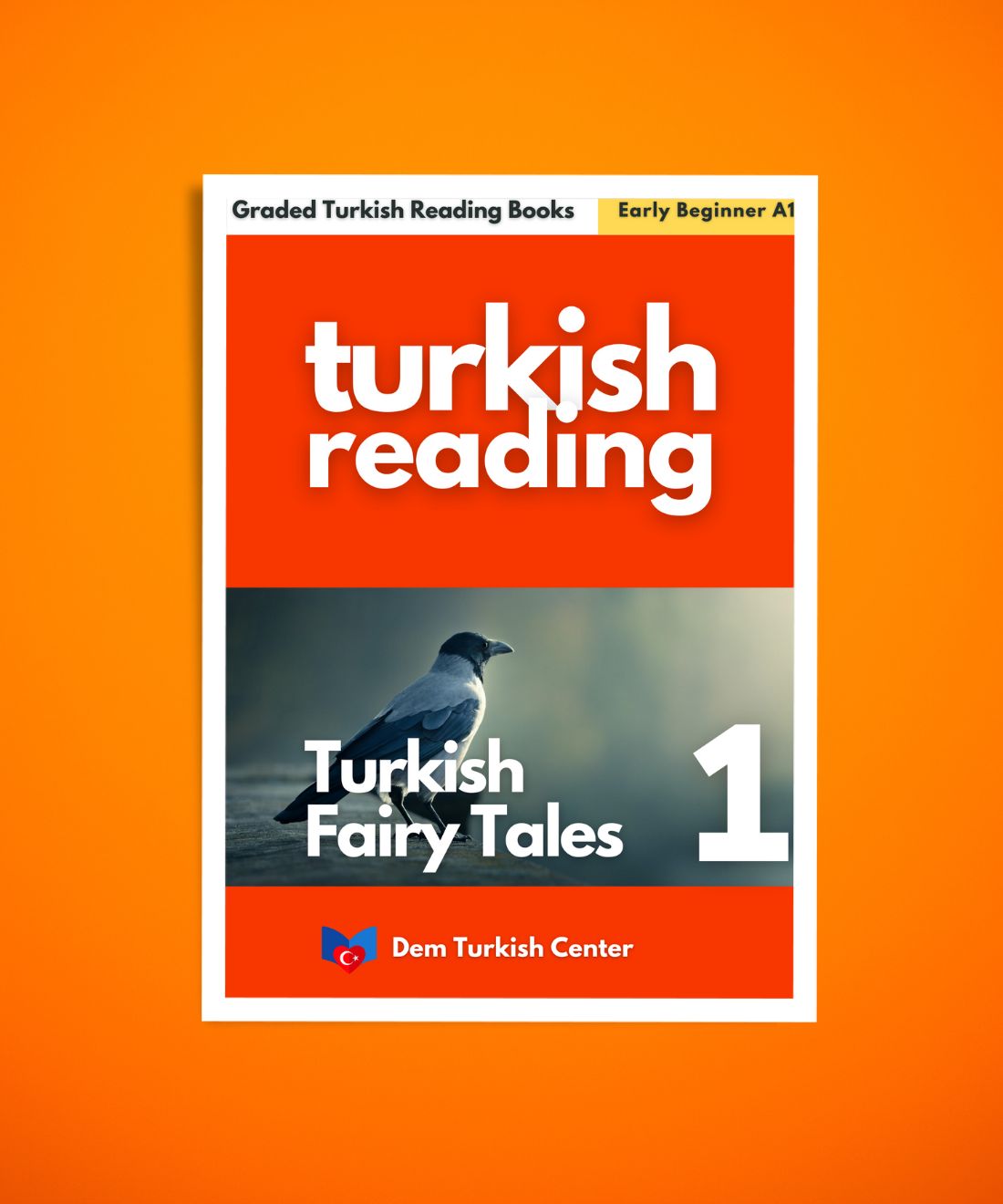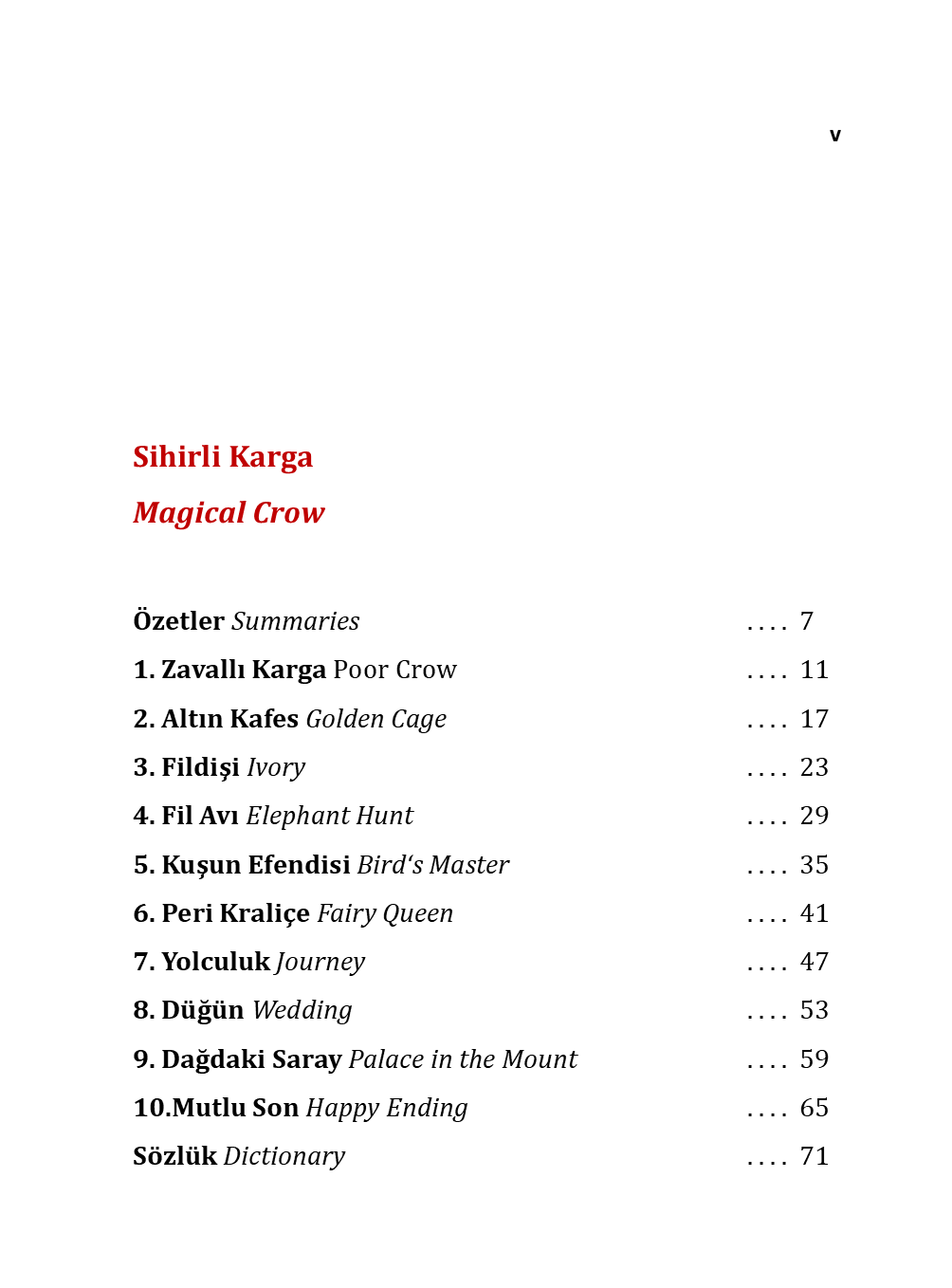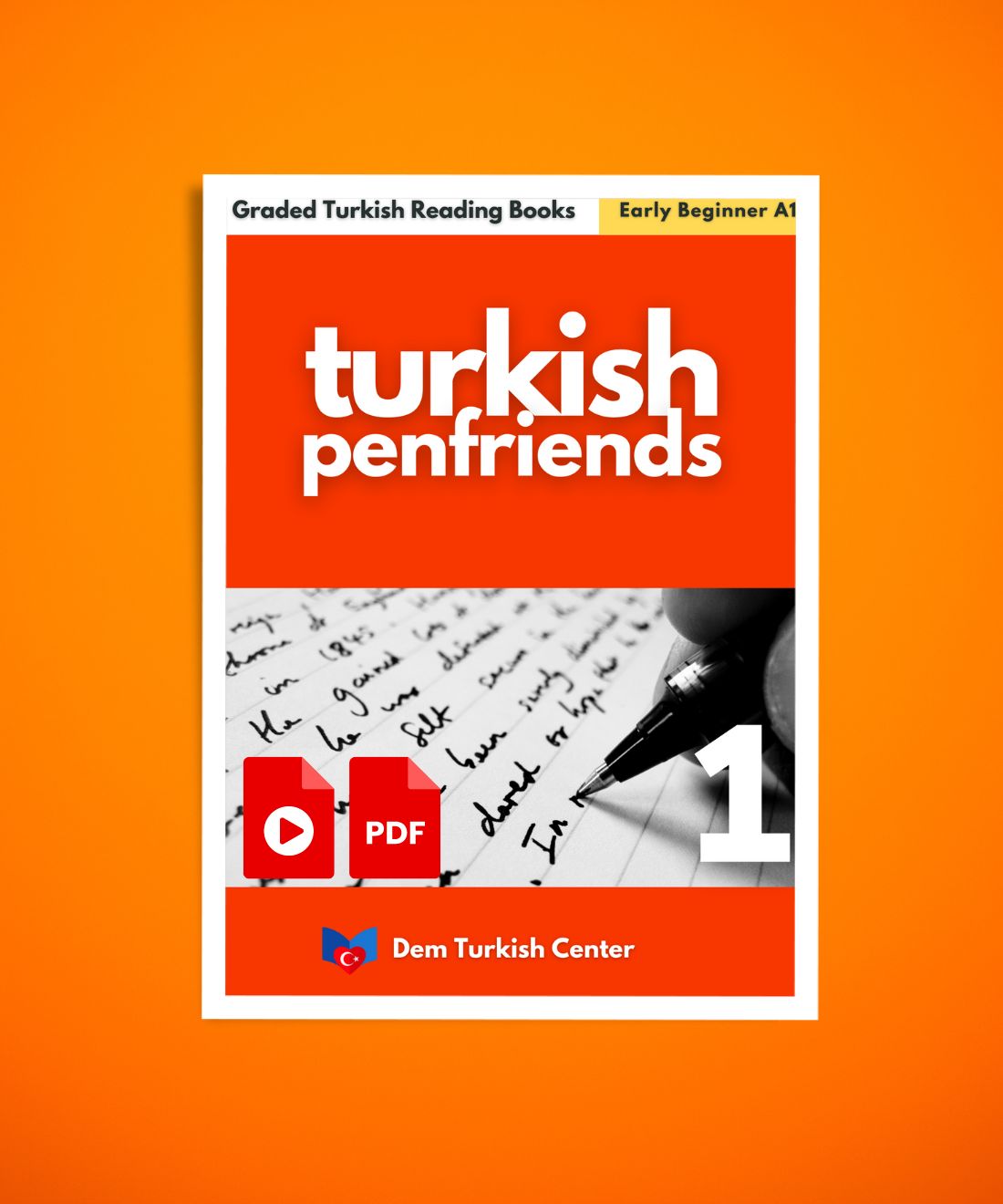
Navigating the News Landscape in Turkey: A Guide to Domestic and International Sources
Turkey's media landscape is a vibrant yet complex ecosystem, positioned at the crossroads of Europe and Asia. Navigating its domestic outlets and international coverage is key to understanding the nation's dynamic politics and society. This guide explores major news channels, offering insights for readers seeking clarity on Turkish current affairs.
A GUIDE TO NEWS IN TURKEY
Turkey's Complex Media Ecosystem
Turkey's media landscape represents a fascinating microcosm of the country itself—vibrant, complex, and positioned at the crossroads between Europe and Asia. For anyone seeking to understand Turkish current affairs, navigating this diverse ecosystem requires insight into both domestic perspectives and international coverage. The Turkish media market is one of the largest in the region, with thousands of publications and broadcast outlets operating in a rapidly changing environment shaped by political pressures, economic challenges, and technological transformation.
According to Reporters Without Borders' 2023 World Press Freedom Index, Turkey ranks 165th out of 180 countries, reflecting ongoing concerns about media independence and freedom of expression. This context is crucial for understanding how news is produced, distributed, and consumed in the country. Despite these challenges, Turkey maintains a diverse media scene with outlets representing various political perspectives, from strongly government-supportive to openly critical voices.
Historical Context: The Evolution of Turkish Media
To understand Turkey's contemporary media landscape, it's essential to appreciate its historical development. The modern Turkish media emerged from the ashes of the Ottoman Empire, with the republic's founder, Mustafa Kemal Atatürk, viewing press modernization as crucial to national development. Throughout much of the 20th century, Turkish media operated under periodic military interventions and press restrictions, with censorship varying in intensity depending on the political climate.
The 1980s and 1990s saw significant liberalization and the emergence of media conglomerates that would dominate the landscape. The 2000s brought both expansion and increasing polarization, with media ownership becoming concentrated in the hands of large business groups with diversified interests. This period also saw the rise of pro-government voices and the gradual sidelining of critical perspectives in mainstream outlets.
The digital revolution of the 2010s transformed consumption patterns, with social media becoming an increasingly important news source, especially following the Gezi Park protests in 2013 when traditional media initially underreported events. Today, Turkey's media ecosystem is a complex mix of legacy institutions, digital natives, and social media platforms, all operating within a regulatory framework that continues to evolve.
The Turkish Media Landscape: Structural Overview
Turkey's media environment is one of the most dynamic in the region, with hundreds of television channels, newspapers, radio stations, and digital news outlets competing for audience attention. The sector has undergone significant transformation over the past two decades, with ownership becoming increasingly concentrated in the hands of large conglomerates with diversified business interests beyond media.
This concentration of ownership has raised concerns about editorial independence, as media companies often have significant non-media business interests that can be affected by government policy. The situation has created an environment where self-censorship is common, and many journalists practice what is locally known as "autocensorship"—preemptively avoiding sensitive topics without direct instruction.
Television remains the primary news source for most Turks, particularly for breaking news and major events. However, digital platforms are rapidly gaining ground, especially among younger urban demographics. Newspaper readership has declined significantly, though major publications maintain influential digital operations.
Major Domestic News Channels
Television Broadcasters
TRT (Turkish Radio and Television Corporation)
As Turkey's public broadcaster, TRT operates multiple television and radio channels. Founded in 1964, it provides programming in multiple languages and serves as the official voice of the state. TRT World, its English-language international news channel, has gained significant viewership abroad. Critics argue it reflects government perspectives, while supporters view it as a professional national broadcaster that presents Turkey's official position on international matters.
CNN Türk
Part of the Doğan Media Group, CNN Türk is the Turkish affiliate of CNN International. While it maintains a commercial news approach, its coverage has often been subject to the same pressures facing other Turkish media outlets. The channel maintains a substantial newsgathering operation and is known for its breaking news coverage, though its political reporting has become more cautious in recent years.
HaberTürk
Known for its lively debate programs and extensive news coverage, HaberTürk is one of Turkey's most-watched news channels. It offers a mix of breaking news, political analysis, and feature programming. The channel has maintained a relatively independent editorial line despite ownership changes, though it generally avoids direct confrontation with government positions.
Visit HaberTürk's official website
NOW (Fox Türkiye)
The Turkish iteration of Fox News has established itself as one of the more opposition-leaning mainstream channels, particularly following the 2018 appointment of prominent journalists who had been dismissed from other outlets. Its evening news program and political commentary shows often feature criticism of government policies, making it popular among opposition viewers.
Print and Digital Media
Hürriyet
One of Turkey's oldest and most widely-read newspapers, Hürriyet (meaning "Freedom" in Turkish) was founded in 1948. While traditionally centrist, its editorial stance has shifted under various ownership structures. Its digital platform is among the most visited news sites in Turkey, and it maintains an English-language edition called Hürriyet Daily News that provides coverage for international readers.
Visit Hürriyet's official website
Visit Hürriyet Daily News's official website
Sözcü
Taking a strongly secularist and nationalist editorial position, Sözcü has positioned itself as a vocal government critic. Its digital presence is particularly strong among Turks both domestically and abroad. The publication is known for its bold headlines and straightforward criticism of government policies, which has resulted in numerous legal challenges against its staff.
Visit Sözcü's official website
Cumhuriyet
Established in 1924, Cumhuriyet ("The Republic") is Turkey's oldest newspaper and maintains a secularist, center-left perspective. It has faced significant legal and financial pressures in recent years, including the imprisonment of several staff members on terrorism-related charges that press freedom organizations have criticized as politically motivated. Despite these challenges, it continues to publish and maintains a loyal readership.
Visit Cumhuriyet's official website
Sabah
With generally pro-government editorial content, Sabah is one of Turkey's largest circulation newspapers and maintains a strong digital presence. It is part of a media conglomerate with close ties to the government and typically supports official positions on domestic and international issues. Its coverage tends to emphasize economic development projects and government achievements.
Visit Sabah's official website
International Coverage of Turkey
Global News Organizations
BBC Türkçe
The Turkish service of the British Broadcasting Corporation provides news and analysis about Turkey and the world. Known for its journalistic standards, it offers an external perspective on Turkish affairs. BBC Türkçe maintains a bureau in Istanbul and produces radio, television, and digital content for Turkish-speaking audiences worldwide. Its reporting is particularly valued by audiences seeking alternatives to domestic coverage of sensitive issues.
Visit BBC Türkçe official website
Deutsche Welle Türkçe
Germany's international broadcaster provides comprehensive coverage of Turkish politics, economy, and society, often featuring perspectives that may be underrepresented in domestic media. DW Türkçe has expanded its operations in recent years, particularly after several of its journalists were denied accreditation to work in Turkey. The service produces extensive digital content and television programming aimed at Turkish-speaking audiences.
Visit Deutsche Welle Türkçe official website
Voice of America (VOA) Turkish
The U.S.-funded broadcaster offers news about Turkey and international affairs, with a focus on American foreign policy and its implications for the region. VOA Turkish maintains a significant online presence and social media following, particularly among audiences interested in U.S.-Turkey relations.
Visit Voice of America (VOA) Turkish official website
Regional Perspectives
Al Jazeera
The Qatar-based network provides substantial coverage of Turkey, particularly regarding its foreign policy in the Middle East and relationships with regional powers. Al Jazeera English maintains a bureau in Istanbul and often features Turkish perspectives on international issues. Its coverage tends to be sympathetic to Turkish government positions on regional matters, reflecting the close relationship between Turkey and Qatar.
Visit Al Jazeera's official website
Reuters and Associated Press (AP)
These international news agencies maintain bureaus in Istanbul and Ankara, providing factual reporting on breaking news and developments in Turkey that feeds into news outlets worldwide. Both agencies employ Turkish journalists alongside international correspondents and are valued for their relatively neutral reporting on sensitive topics.
Specialized and Niche News Sources
Beyond general news outlets, Turkey has developed specialized media serving particular audiences:
- Economic Publications Outlets like Dünya and Bloomberg HT focus specifically on business and economic news, providing detailed coverage of markets, regulations, and corporate developments.
- Sports Media With football being a national passion, dedicated sports channels and publications like BeIN Sports Türkiye and Fanatik have massive followings.
- Alternative Digital Media In recent years, new digital platforms like Medyascope and T24 have emerged, offering commentary and analysis from perspectives often underrepresented in mainstream media. These platforms typically operate through subscription models rather than advertising, reducing commercial pressures.
Social Media and Alternative News Sources
In recent years, social media platforms have become increasingly important news sources for Turks, particularly among younger demographics. YouTube channels and Twitter accounts run by journalists, academics, and commentators have gained significant followings, often offering perspectives that differ from mainstream media.
However, these platforms have also been subject to periodic restrictions, most notably after significant events or during security operations. The Turkish government has argued these measures are necessary to combat misinformation and maintain national security. Twitter, YouTube, and Facebook have all faced temporary bans at various times, though complete blocks have become less common in recent years.
Encrypted messaging applications like WhatsApp and Telegram have also become important information channels, particularly for sharing news that might be sensitive or face restrictions on more public platforms. These applications played a significant role in disseminating information during events like the 2016 coup attempt when traditional media faced broadcasting restrictions.
Language Considerations
For non-Turkish speakers, accessing Turkish news can be challenging. While some outlets like Hürriyet Daily News provide English-language coverage, they represent only a fraction of the domestic conversation. International outlets like Reuters and AP News provide regular Turkey coverage in English, while academic sources and think tanks like the Turkish Policy Quarterly offer deeper analysis.
For those seeking to understand Turkish perspectives without language skills, translation tools have improved significantly, though they still struggle with context and nuance. Some international services like BBC Monitoring provide translated summaries of significant Turkish media reporting, offering glimpses into domestic discourse.
Regulatory Environment and Legal Framework
Turkey's media operates within a complex legal framework that includes numerous restrictions on content. Key legislation includes:
- The Press Law, which regulates print media
- The Internet Law (Law No. 5651), which governs online content
- Anti-terror legislation, which has been used extensively against journalists
- Defamation laws that criminalize insulting the president
The Radio and Television Supreme Council (RTÜK) serves as the broadcast regulator, with powers to issue fines and temporary broadcasting bans for content violations. In recent years, RTÜK has increasingly penalized opposition-aligned channels for content deemed inappropriate.
The Information and Communication Technologies Authority (BTK) regulates internet content and has authority to block websites and social media platforms. Turkey has one of the highest rates of content removal requests to Twitter globally, reflecting the authorities' active approach to online content regulation.
Tips for Navigating Turkish News
- Consult multiple sources Comparing coverage across different outlets with varying editorial perspectives provides a more complete picture of any development.
- Consider the timing News coverage can vary significantly depending on when it's published, especially around elections or during geopolitical tensions when media polarization increases.
- Follow journalists rather than just outlets Prominent journalists in Turkey often move between organizations, and following their work can provide consistency in analysis despite media ownership changes.
- Be aware of ownership structures Understanding which business conglomerates own which media outlets can provide context for editorial positions and help identify potential conflicts of interest.
- Seek out primary sources When possible, consult official statements, press releases, and statistical reports directly rather than relying solely on media interpretation, which may be influenced by political or commercial considerations.
- Understand the legal context Recognizing the regulatory environment helps explain why certain topics receive limited coverage or particular framing in different outlets.
- Engage with academic analysis University research centers and think tanks often provide more nuanced analysis of developments than daily media can offer.
The Future of Turkish Media
Turkey's media landscape continues to evolve rapidly, with digital transformation challenging traditional business models and consumption patterns. While press freedom concerns persist, the ecosystem remains vibrant and diverse, with new platforms and voices emerging despite challenges.
The economic model for journalism remains precarious, with many outlets struggling to generate sustainable revenue. This has led to increased reliance on owner subsidies or government advertising, creating potential conflicts of interest. Some newer outlets have turned to subscription models or foundation funding to maintain editorial independence.
Technological changes continue to reshape consumption patterns, with mobile devices becoming the primary news access point for many Turks. Social media platforms remain important but face ongoing regulatory pressure, creating uncertainty about their long-term role in the information ecosystem.
For those seeking to understand Turkey, engaging with its media—in all its complexity—provides invaluable insight into the political debates, social transformations, and cultural dynamics shaping this pivotal nation at the crossroads of continents and civilizations.
Staying informed about Turkey requires navigating a complex media landscape, but doing so provides unparalleled insight into one of the world's most strategically important countries. By understanding the perspectives and constraints of different news sources, readers can develop a more nuanced understanding of Turkish affairs that goes beyond headlines and captures the richness of this dynamic society.














